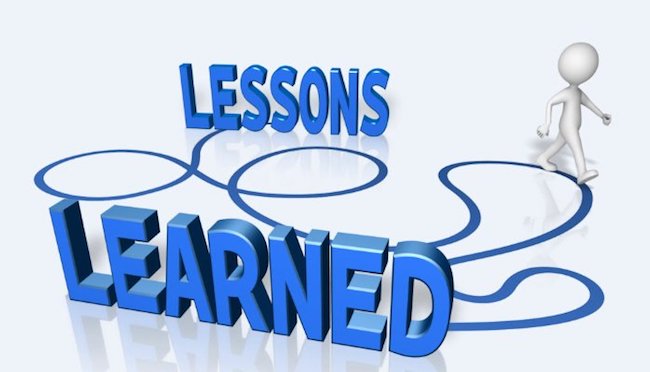
The concept of "teacher professionalism" is highly contentious in Sri Lanka because there isn't a recognized professional organization in place to oversee the educators in our system. The absence of a professional association and standards of conduct for educators in Sri Lanka underscores the necessity of redefining the teaching profession. Therefore, in order to provide the greatest education possible for our children in a world that is changing quickly, it is essential that teachers continue their professional development. Teachers ought to be knowledgeable in their fields, always looking to further their abilities, work in teams with other educators and stakeholders, be innovative problem solvers, and set an example of lifelong learning for their pupils.The concept of "teacher professionalism" is highly contentious in Sri Lanka because there isn't a recognized professional organization in place to oversee the educators in our system. The absence of a professional association and standards of conduct for educators in Sri Lanka underscores the necessity of redefining the teaching profession. Therefore, in order to provide the greatest education possible for our children in a world that is changing quickly, it is essential that teachers continue their professional development.
Teachers ought to be knowledgeable in their fields, always looking to further their abilities, work in teams with other educators and stakeholders, be innovative problem solvers, and set an example of lifelong learning for their pupils.The concept of "teacher professionalism" is highly contentious in Sri Lanka because there isn't a recognized professional organization in place to oversee the educators in our system. The absence of a professional association and standards of conduct for educators in Sri Lanka underscores the necessity of redefining the teaching profession. Therefore, in order to provide the greatest education possible for our children in a world that is changing quickly, it is essential that teachers continue their professional development. Teachers ought to be knowledgeable in their fields, always looking to further their abilities, work in teams with other educators and stakeholders, be innovative problem solvers, and set an example of lifelong learning for their pupils.
A professional is able to operate independently and make decisions about their work based on their knowledge and skills. Professional development is a continual process that needs to broaden teachers' professional growth and increase their efficacy with students. It starts with teacher education at the university level and ends with in-service training at the workplace. In order to stay up to date with change and innovation, professionals that embrace an active learning approach will be lifelong learners who also serve as role models for their pupils. Furthermore, reflection—a self-inquiry process intended to enhance teaching and learning by reflecting in, on, and for action—represents a significant portion of the teacher professional development process.
The act of creating lesson plans and carrying them out in the classroom initiates a cycle of data collection, planning, execution, and assessment of student learning and other aspects, resulting in new inquiries and a fresh planning cycle to improve the standard and applicability of the teaching-learning process. Participating in such an experience, then, aids us as educators in resolving common issues in the classroom in order to optimize student learning as well as teacher effectiveness, which ultimately results in the accomplishment of the broad and specific educational goals of our system.
I have therefore gradually been able to uncover the meaning of what it means to be a "professional," and to strive to become an informed and skilled practitioner with the ability to exercise effective decision making through professional knowledge and skills, throughout this journey in the Master of Arts in TESL program, particularly while engaging with the Teaching Practicum component. My definition of a "professional teacher" has shifted as a result of my active participation in a situated and reflective teaching and learning process. As a result, I am better equipped to reflect on both my own and my students' performances in order to enhance the teaching-learning processes in the classroom.


Comments
Post a Comment